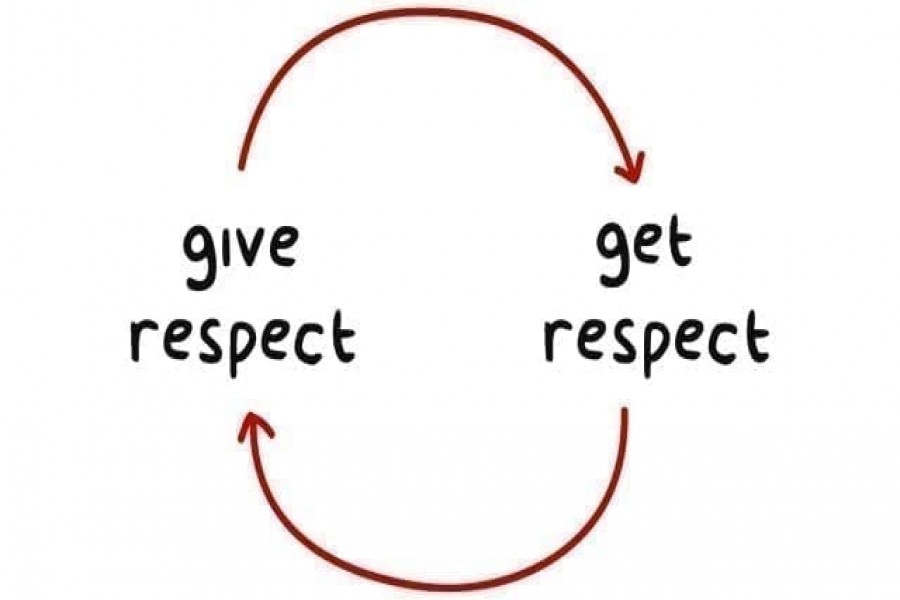People like to express their views and opinions on different issues. It is one of the core characteristics of human beings and also a fundamental human right. Extended literacy and higher education help people sharpen their views with facts and logic. The democratic environment provides assurance to uphold the fundamental right. It is, however, a matter of long practice with a positive attitude towards accommodating differences of opinions or different views. This is not an easy thing, especially where questioning and debating is not adequately or rightly allowed in families and educational institutions.
Learning to respect different views starts in childhood. Children learn it from their families, neighbours and schools. As they grow up, they start to learn more about how to formulate views and how to place their own arguments in favour of their opinions. Thus they also learn how to put forward rational arguments with facts and logic. Through these processes, they become more familiar with the importance of respecting others' views.
What is learnt and practised in educational institutions is reflected in the rest of the lives. Involvement with some cultural and social activities and study circles and debating society provide a broader scope for enhancing the norms and values of respecting different views.
Probably the most important thing is to understand that any view or opinion needs to be substantiated by facts. Acquiring and checking the facts is thus a necessary skill. The little someone depends or rely on facts, the more his/her views or opinions will turn to a rigid stance. Once opinion is based on an uncompromising viewpoint, it becomes tough for people to respect different perspectives. If a counter-argument on a subject is more fact-based and logical, there is nothing wrong to acknowledge the limitation of someone's own opinion and accept the counterpoint. This kind of accommodative attitude is helpful to remove inaccurate or distorted views and perceptions.
Shaping or formulating views is followed by expressing those views to others through different means and media. Nowadays, social media is a popular virtual platform to present opinions and learn varying ideas. The outbreak of pandemic has expanded the forum further. Nevertheless, there is a disturbing trend which is also growing fast. It is the attitude of a large section of social media users who only want to stick to their own views and ignore or denounce different views.
Sticking to any point without adequate facts and logics reduces the space for discussion. More dangerous is reliance on distorted facts and biased analyses. It is usually visible when views on politics are expressed and shared. Different people have different political thoughts and support for various parties. It is thus natural that they would tell their opinions according to their choices. It doesn't mean that facts and realities have to be ignored or distorted for the sake of political stance. Such ignorance or distortion contributes to disrespecting different views or opinions. Endorsement of disrespect gradually erodes the value of mutual respect and social cooperation and harmony. The cost of such disrespect is very high.


